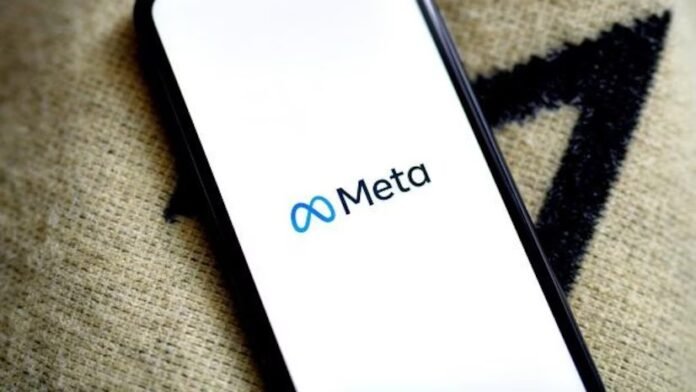In a significant development, Meta, the parent company of social media giant Facebook, has been slapped with a hefty fine of 1.2 billion euros by the European Union (EU) for violating the bloc’s privacy laws. The fine comes as a result of Meta’s failure to comply with the EU’s stringent data protection regulations.
The European Union has long been at the forefront of safeguarding user privacy, and this penalty is a stern warning to technology companies regarding the handling of personal data. Meta’s breach of privacy laws has raised concerns over the company’s data practices and their impact on users’ fundamental rights.
The fine imposed by the EU reflects the severity of the violation and serves as a deterrent for other tech companies that may be tempted to neglect privacy obligations. The hefty sum also underscores the EU’s commitment to holding tech giants accountable for any breaches of data protection regulations.
The European Union’s General Data Protection Regulation (GDPR) requires companies to obtain explicit consent from users before collecting and processing their personal information. It also mandates the implementation of robust security measures to protect user data from unauthorized access or misuse.
Meta’s fine is a result of the company’s failure to adequately inform users about the extent and purpose of data collection and processing. The EU found that Meta’s practices fell short of the transparency and accountability standards required by the GDPR, thereby jeopardizing users’ privacy rights.
With this penalty, Meta joins the ranks of other tech giants that have faced significant fines for privacy violations. The EU’s actions send a clear message that no company, regardless of its size or influence, is above the law when it comes to data protection.
As privacy concerns continue to mount worldwide, this fine serves as a wake-up call for companies to prioritize user privacy and ensure compliance with data protection regulations. It also highlights the growing need for robust safeguards and regulatory frameworks to protect individuals’ privacy rights in the digital age.



